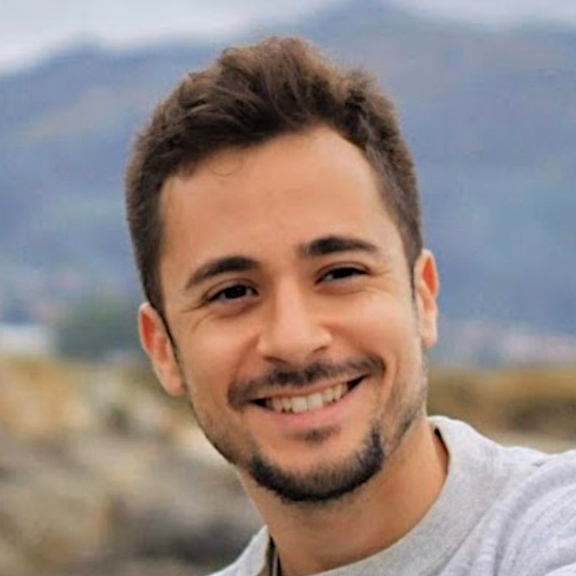Pablo Rodríguez Mier

After finishing my PhD in Computer Science and Artificial Intelligence at the University of Santiago de Compostela (Spain), I reoriented my research career to combine two of my passions: biomedicine and informatics. I started working as a postdoctoral researcher at the Food Toxicology Research Center of the French National Institute for Agricultural Research (INRAE) in Toulouse, in a project funded by the French National Cancer Institute (INCA). Here I was in charge of developing new computational methods to understand metabolic dysregulations in cancer due to mutations in the p53 gene and also in key target genes, combining previous biological knowledge with experimental data. During these years, I gained extensive knowledge on mathematical modeling for metabolism, as well as linear and discrete optimization. One of the things I realized is that many challenges cannot be solved without knowledge of signaling and regulatory networks, and vice versa. Moreover, many of the methodological problems in metabolic modeling are also shared in causal modeling of regulatory networks. I joined the Saez-Rodríguez group at Heidelberg University as a Postdoctoral Researcher with the aim of improving some of the current technical and methodological issues of the current methods for causal inference of signalling networks, in the context of the European project PerMedCoE. This project aims to improve current methods and prepare them for pre-exascale computing, enabling large-scale modeling using omics data for personalized medicine.
Research Interests
I am interested in deciphering how complex biological systems behave under different conditions through mechanistic and computational models that integrate both prior biological knowledge and experimental data, with the aim of discovering novel biomedical applications. More specifically, I am currently exploring issues related to causal reasoning for network identification of signalling pathways, spanning from technical issues, such as improving the scalability of methods with large-scale datasets (e.g. scRNA-seq datasets), to research oriented questions more related to conceptual limits of current techniques. I have a background in Computer Science & Artificial Intelligence, and I have experience in mathematical/mechanistic modeling of complex biological systems. I am also passionate about questions related to Machine Learning, Optimization and Biostatistics, and their potential applications to personalized medicine.
Professional Career
| 2021-present | Postdoctoral researcher, Institute for Computational Biomedicine, Heidelberg University, Faculty of Medicine & Heidelberg University Hospital, Germany. |
| 2018-2021 | Postdoctoral Researcher, Food Toxicology Research Center (TOXALIM), French National Institute of Agricultural Research (INRAE), Toulouse, France. |
| 2016-2018 | Associate Researcher, CiTIUS, University of Santiago de Compostela, Spain. |
| 2012-2016 | PhD student, CiTIUS, University of Santiago de Compostela, Spain. |
Education
| 2011-2016 | PhD in Computer Science & Artificial Intelligence, University of Santiago de Compostela (USC), Spain. |
| 2010-2011 | MSc in Computer Science & Artificial Intelligence, USC, Spain. |
| 2006-2010 | BSc in Computer Science, USC, Spain. |
 https://orcid.org/0000-0002-4938-4418
https://orcid.org/0000-0002-4938-4418